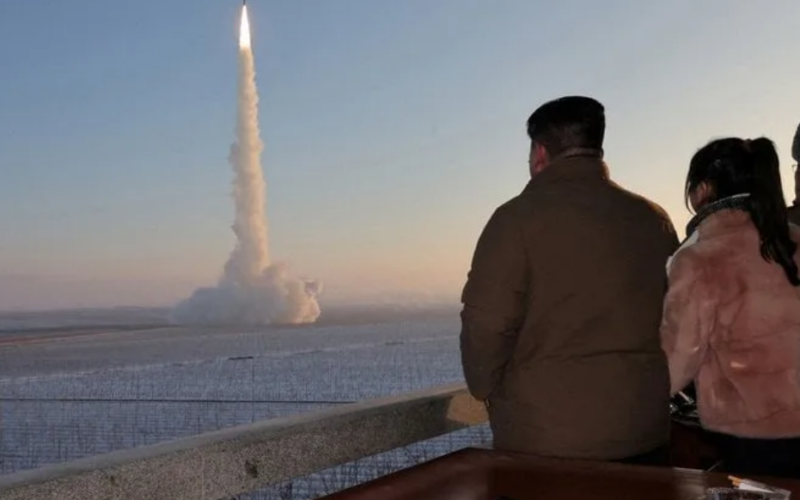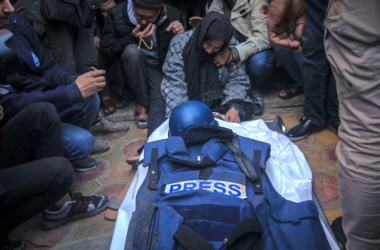Amid rising tensions and evolving geopolitical dynamics, the United States Ambassador to NATO, Julianne Smith, has expressed concern over North Korea’s reported delivery of more than a thousand containers of military equipment and munitions to Russia. The revelation comes at a critical juncture, prompting the international community to carefully assess the implications of this military collaboration.
During an online briefing, Ambassador Julianne Smith revealed that the United States has received new information indicating that North Korea recently supplied Russia with over a thousand containers of military equipment and munitions. The delivered arms are believed to be utilized by Russia in its ongoing conflict with Ukraine. The US envoy to NATO emphasized that there is “no doubt” about the North Korean equipment being deployed against Ukraine. The revelation aligns with declassified satellite imagery and intelligence showing North Korea’s direct supply of lethal materiel to Russia, as stated by White House national security spokesperson John Kirby.
Ambassador Smith expressed growing concerns about the expanding military partnership between North Korea and Russia. She highlighted the potential exchange, where Pyongyang seeks advanced military technology from Russia, including fighter aircraft, surface-to-air missiles, armored vehicles, ballistic missile production equipment, or related materials. This evolving collaboration, according to Smith, poses a significant challenge to regional stability, international security, and the global nonproliferation regime. The implications of North Korea becoming a substantial foreign arms supplier to Russia have drawn attention from British military intelligence, which identified it alongside Iran and Belarus.
In light of the alarming developments, Ambassador Smith called on NATO to thoroughly examine the security threat posed by the North Korea-Russia military partnership. She urged the alliance to consider new efforts and collaborative measures to mitigate the emerging challenges. The alleged arms transfer adds complexity to an already delicate geopolitical landscape, prompting the international community to assess its broader implications and respond accordingly.
The reported arms transfer follows a rare summit between North Korean President Kim Jong Un and Russian President Vladimir Putin in Moscow in September. The leaders discussed military cooperation, the conflict in Ukraine, and potential Russian support for North Korea’s satellite program. The diplomatic engagements between North Korea and Russia have raised questions about the motives behind the collaboration and its impact on regional and global stability.
The alleged transfer of military equipment from North Korea to Russia underscores the evolving dynamics in global geopolitics. As the international community grapples with the implications of this reported collaboration, the call for NATO to address the growing security concerns reflects the urgency of collective action. The situation necessitates a thorough examination of the motives behind the arms transfer and its potential impact on regional and international stability.








